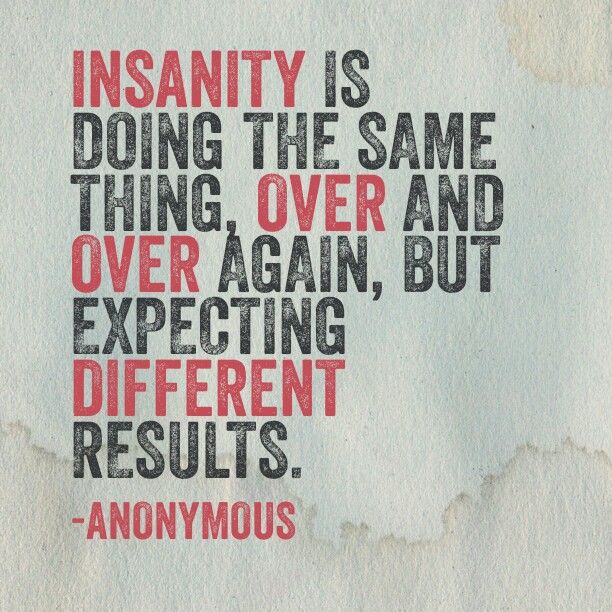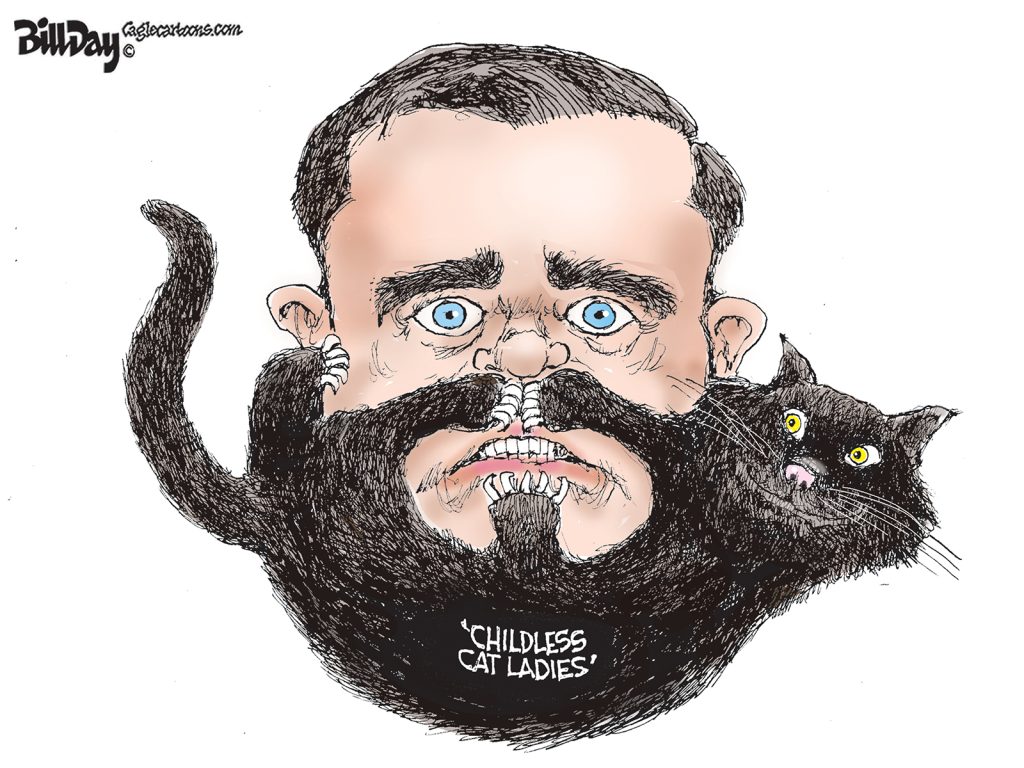Shelby County Attorney General Steve Mulroy is organizing an August 31 “crime summit” to “brainstorm” ways to attack our crime epidemic.
Hopefully, it will not be one of the summits where it’s local officials spitballing their favorite answers but a summit that invites in researchers and grassroot leaders and mayors from other cities executing innovative strategies that have proven to work. After all, if those of us here knew the answer, we wouldn’t have the problem.
In a September 12, 2022, blog post, I suggested a Memphis summit on violent crime and a proposed approach that would be more ambitious and instructive than what has gone before.
This blog post was written before the murder of Tyre Nichols, the announcement about the much-needed review of the Memphis Police Department by the U.S. Department of Justice, and the intense weekly blame game from City Hall. A crime summit will take place within that local that makes it even more imperative. Clearly, the summit must also address the concerns about the MPD culture and how other cities have addressed this issue and created stronger connections between police and public.
Here’s my earlier post:
Doing the same thing and expecting different results is said to be the definition of insanity.
Doing the same thing with the same people to fight crime and expecting different results is the definition of something even worse: self-defeating benign neglect.
That’s why it’s time for the Memphis Summit on Violent Crime.
There is no argument that there is a pervasive feeling by Memphians of despair and concern about their city. The mayor said he is angry and frustrated; the Greater Memphis Chamber said it was saddened and was joining hands to drive positive change, University of Memphis president said it was senseless, but made no mention of the experts on his campus who have ideas but are not asked into problem-solving; local state legislators talked about their disbelief and prayers; etc., etc.
They articulated the emotions shared by every citizen of Memphis but now those same citizens want nothing more than action. There is little patience for political bromides, talking points, and finger-pointing. More than anything, right now, Memphians are looking for leaders willing to act, not just empathize, and who have the courage to say they don’t have the answers but are reaching out for help in finding them.
The Mandate
The old saying is right: if we had the answers, we wouldn’t have this problem.
The mandate now is to consider new ideas and new thinking rather than cling to the same old crimefighting strategies while violent crime – and Memphians’ angst – rises.
It’s time to take dramatic action to do something different because public opinion – and the data – show conclusively that what is being done now is not working. And the result is tragedy upon tragedy.
Taking dramatic action is not the usual suspects gathering in the usual meeting rooms where groupthink produces variations on the usual strategies. As a result, it’s time for Memphis to organize a summit to ask for help and to increase the intellectual capital that can be focused on finding solutions to combat the rising violent crime rate.
Organizing A Real Summit This Time
It can’t be the kind of event we’ve called a summit before – the ones where a speaker or two are flown in, they give their speeches, they leave, and business as usual continues.
What’s needed now is a data-driven summit of national experts and innovators, mayors from cities like Dallas and Cleveland and Newark who are experimenting with different strategies, criminologists, psychiatrists, educators, Adverse Childhood Experiences experts, federal officials, criminal justice professors, corrections officials, philanthropists, heads of reform movements, leaders of intervention groups like Geoffrey Canada’s Harlem Children’s Zone and Father Greg Boyle’s Homeboy Industries, juvenile justice practitioners, representatives of reform groups, and the broad voices of the community, including groups routinely frozen out of public discussions, which incredulously includes an organization like Youth Villages which has a national reputation but got the cold shoulder from City Hall for its well-funded crimefighting program.
In other words, it’s a deadly serious multi-day summit with panel discussions and break-out sessions with the ultimate goal of creating a comprehensive crimefighting agenda that is supported by the entire community because they were part of its shared development.
That has been the problem with the Memphis Shelby Crime Commission Safe Community Plan. Its plans are rolled out with the expectation that they will be embraced by the community, but the community doesn’t know how it was created, who created it, and why its priorities are the ones it wants.
Good Timing
Doing things the same way and expecting kneejerk support from the public is also a definition of insanity. It’s why a summit transparent and open to the public who is part of setting priorities would be a major step forward. It brings all of Memphis into a well-crafted plan of action that includes roles each person can play.
The timing seems especially favorable. We have a new district attorney general, a new Juvenile Court judge, a relatively new Memphis Police Chief who has seemed subdued in advancing her own strategies, and an incumbent mayor with only 15 months to go on his term.
The public appreciates that the mayor is “frustrated” and “angry.” He’s said it often before and it does tap into the general feelings of the public; however, Memphians expect more than commiserations. They expect him to do something. A summit would respond to those expectations.
In its way, it’s an opportunity for Memphis to transform a moment of tragedy and anguish into an ambitious agenda that could become a model for other cities.
State Support For Violent Crime
None of this is to suggest that it will be easy.
The violent crime rate in Memphis is fueled by gun laws passed by Tennessee Legislature and a governor who goes along to get along. Their willingness to use guns as a cudgel in their culture wars against Memphis and diverse urban areas represents an arrogance that costs lives and destroys families. Proof positive of their disregard is seen in teenagers driving around Memphis with assault weapons in their cars.
It is those laws passed by Republican legislators and supported by the governor that are threats to the state’s large urban areas, the same areas that drive three-fourths of the state’s GDP. Meanwhile, legislators retreat to their small towns and rural areas smug in their belief that they have stuck it to the large cities and showed them who’s in charge.
In its way, the Legislature and the governor are enablers in many of the 1,000 murders that have occurred in Memphis in the past three years. The ultimate insult is for Governor Bill Lee to travel Friday to Memphis to show solidarity with the city which state gun policies have ravaged.
Lost in all of the rhetoric is an inconvenient fact: the killer of Eliza Fletcher was in prison for 20 years during which he was to be rehabilitated so he would be ready to be released back into society. A question for the governor at this point is why are Tennessee prisons so abysmal in delivering the outcomes most needed by the state’s cities.
Time To Wake Up
These tragedies have also shone a light on the failures of other institutions we rely on. Memphis MPD failed to ask for a rush DNA test by the state crime lab following a rape charge a year ago by the killer of Eliza Fletcher. For most of us, it raises the question of why every rape DNA request isn’t sent as a rush by MPD and why every DNA request isn’t automatically treated as a rush by Tennessee Bureau of Investigation in light of the fact that rape suspects are so often serial offenders.
There have been numerous wake-up calls before, but this time the wake-up call came with a slap across our collective faces. In just under two months, there has been the murder of the United Methodist district superintendent, Rev. Autura Eason-Williams; multiple carjackings with women being most of the victims; the killing of community activist Yvonne Nelson; the ambush of a police officer; and almost a killing a day.
The wake-up call was then delivered with an exclamation point with the killing of Eliza Fletcher and the fatal shooting of three people by a 19-year-old shooter. The depth of the violent crime problem was underscored when the Commercial Appeal was slow to report that a body had been found in South Memphis, the body that was ultimately identified as Eliza Fletcher. The daily newspaper was cautious because there were other bodies found that same day.
If that wasn’t enough of a commentary on the state of things, the number of people killed by the 19-year-old was reduced from four to three because a teenager murdered in South Memphis in the same time frame had been attributed to him.
Societal Factors Matter
The recent series of events should wake up anyone who still believes we should do more of what we’ve been doing or that we possess the answers to the horrors spawned by intractable problems like poverty, disproportionate percentage of low-wage jobs, and the web of attendant problems that radiate from them.
There was a time when an FBI agent-in-charge told a Leadership Memphis class that while the crime rate was troubling, it was place-based. His advice: we know where the crime is happening so don’t go there. It was of course a callous acceptance of the conditions in those areas, all while the benign neglect of these neighborhoods was reinforced with disinvestment and lack of attention.
Today, violent crime is place-based in the sense that it happens everywhere, and its random nature intensifies fear.
Many experts, and many Memphians, link the rise in crime to society failures and a strong argument can be made for that. Social net programs are frayed, $15 an hour wages are considered generous, government funding to urban areas has been cut, the fabric and connections of some urban neighborhoods were allowed to degrade, poverty gets lip service but lacks a strategy to reduce it, grassroots reformers with opinions are often perceived as enemies by key politicians, Opportunity Youth with no options are treated as if they are all gang members, and much more.
A Three-Legged Stool
That said, spotlighting society cannot overshadow our own personal accountability. Too many say somebody should do something. Somebody else.
The thing is there are thousands of people in Memphis who are doing something. But they need more volunteers and more funding. Most of all, they deserve to be part of a coordinated, interlocking, comprehensive plan to reduce crime.
Former Shelby County Mayor Mark Luttrell, also a former county sheriff, said that crime reduction is a three-legged stool: suppression, interventions, and prevention. He said we are good at suppression which is about arresting and jailing more and more people. We come up short when it comes to interventions and prevention, he said.
It’s not that there are not interventions and prevention programs underway in Memphis but they lack scale and adequate funding to touch enough people. That’s one of the challenges facing Memphis as it looks ahead.
Memphis’ Branding Risk
Memphis had in the past avoided being branded nationally as a high-crime city but that has been changing.
Memphis was regularly overlooked because it’s isolated out in the middle of America, and news outlets talked about larger cities like Chicago. That was already changing before these recent crimes grabbed national media attention but now violent crime in Memphis is a narrative getting traction.
It’s another major reason that Memphis needs to convene a summit with national, as well as local, implications. Memphis must destroy the crime before it destroys it.
Memphis needs to send the unmistakable message that the city and its people are taking assertive, strong action to produce innovative strategies. Rather than look to Memphis as a high-crime city drifting into the future, the city is seen as a place rolling up its collective sleeves to work together on a shared crime reduction plan, a place with a plan that even has national implications for other cities.
Time To Step Up
We know the definition of insanity.
Memphis is not insane…but it is at risk.
It’s now up to leaders at all levels to prove they deserve their positions of leadership.
The proof comes with the call for a summit on crime.
**
Join us at the Smart City Memphis Facebook page for daily articles, reports, and commentaries that are relevant to Memphis.





Looking forward to reading SCM’s take now that the “Summit” is in the rear-view mirror. Another year and the anger, resentment, and exhaustion regarding violent crime in Memphis has only grown more acute. At first glance, it feels like a slap in the face for all residents and businesses for whom all patience has been exhausted and are showing their frustration via relocation to safer pastures. A market report sitting in my lap states that conventions, concerts and business expansion candidates are now actively avoiding Memphis due to the city’s national reputation as a crime-ridden destination. Created by a firm out of Chicago no less!
A few of us are looking for any hint of hope that might talk us off the ledge.
My comment on the Daily Memphian story went something like this:
It is a travesty to call this a summit. It’s the same people talking about the same thing with the same ideas. If they had the answer, we wouldn’t have the problem. We need to bring in the intellectual capital to consider what would be disruptive strategies. This group meeting in secret does nothing to inspire confidence. There are cities that have come up with programs that have reduced gun-involved crimes and we need to be talking with the leaders there rather than holed up in a meeting with the door closed.
As I’ve blogged, Memphis was lucky for years to be ignored when Chicago and Detroit were held up for their crime rates and we hid in the middle of the country. No more. Crime is now a central part of our narrative and the negative effects of this are going to be felt – are being felt – all over our economy.